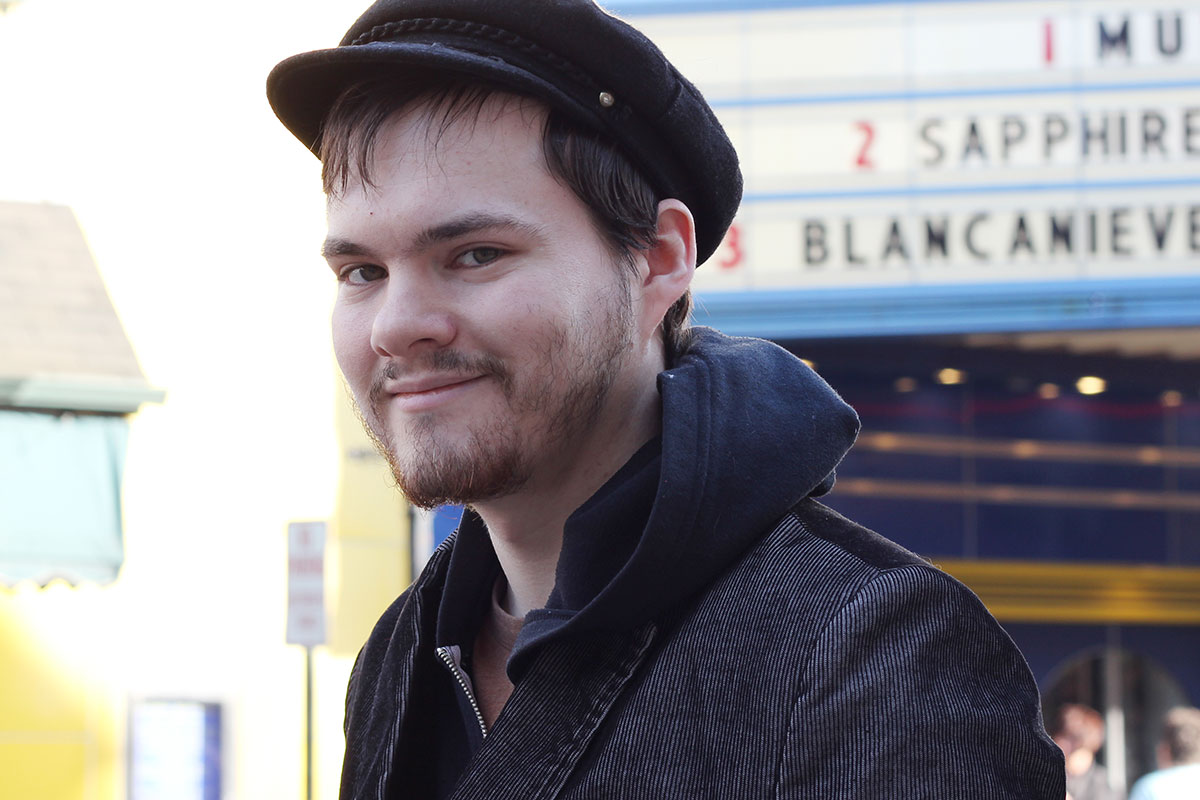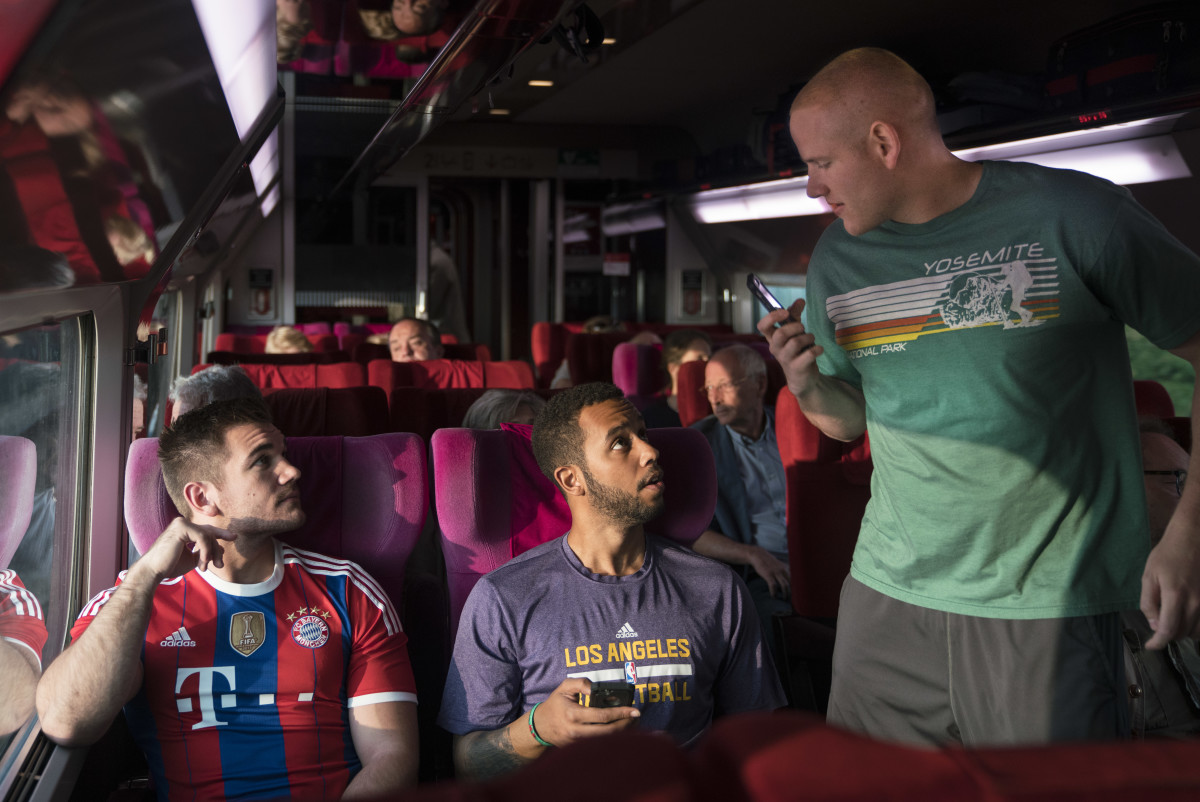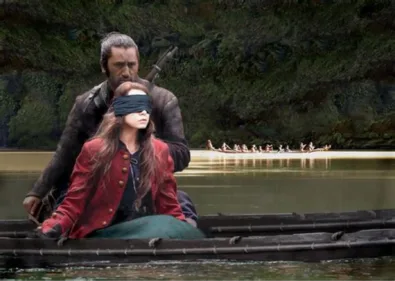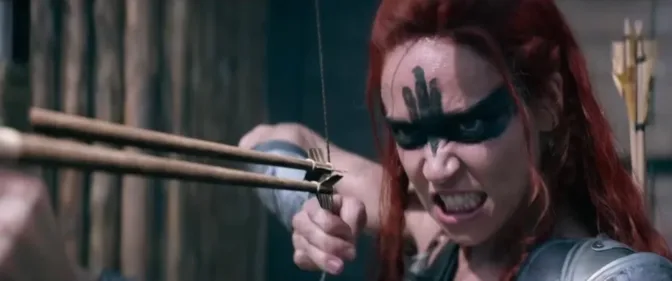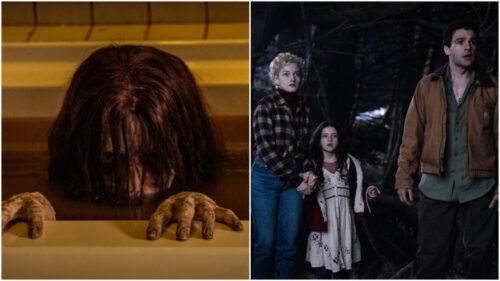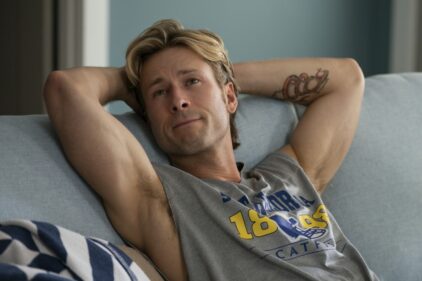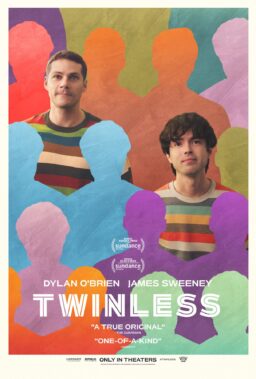There have been rumblings about Clint Eastwood retiring from filmmaking, which has me conflicted: I’ve been a fan of his acting and direction since I was about 15, even though my relationship to his direction has had ups and downs (the year 2014, for instance). But maybe this month’s “The Mule” should be his last film, if only to spare him the onslaught of think-pieces and critical ire as he plows ahead—Eastwood seems to be increasingly at odds with the current political climate (he tried to get Mitt Romney elected, after all) and his films frequently play like dispatches from a right-wing culture that critics have trouble parsing. And even then, in Eastwood’s case it’s not black and white: I hated “American Sniper” but read some really fascinating and eloquent defenses of the movie when it came out.
I sort of assumed that the strange performance-art qualities of “The 15:17 To Paris” might endear it to people who might be a little less willing to indulge its worldview. I was wrong.
The more I thought about “The 15:17 to Paris,” and the more talking I did with my friend, the critic Willow Maclay, the more I came to see that despite a god-and-gun-loving prologue, this movie really isn’t about right-wing fetishes or beliefs. It’s essentially about three ordinary guys (at least one of whom has real trouble doing anything meaningful with himself—we meet his adult self working at a Jamba Juice) who find the tools necessary to help themselves. It just happens that the armed services allow people like Spencer Stone to get in touch with their fundamental urge to help people. And a point I didn’t think much of initially but now does seem crucial—they don’t kill or shoot anybody. The film is about a guy who has to look down the barrel of a gun, a gun he’s depicted as nearly worshipping as a kid, and recognize that it’d be worth being shot to try and help people, to stop other people from being scared. That’s not really a conservative viewpoint, that’s a sort of extremist humanism. These were just guys and Eastwood films them that way. He lets them drink and dance and flirt with girls and love each other and it’s just as transfixing as if this were a Western or a war film.
I don’t want Eastwood to stop making movies, and I’ll be sad if he does. Even if I don’t love all of them, they’re fascinating to contemplate.
To watch more of Scout Tafoya’s video essays from his series The Unloved, click here.
